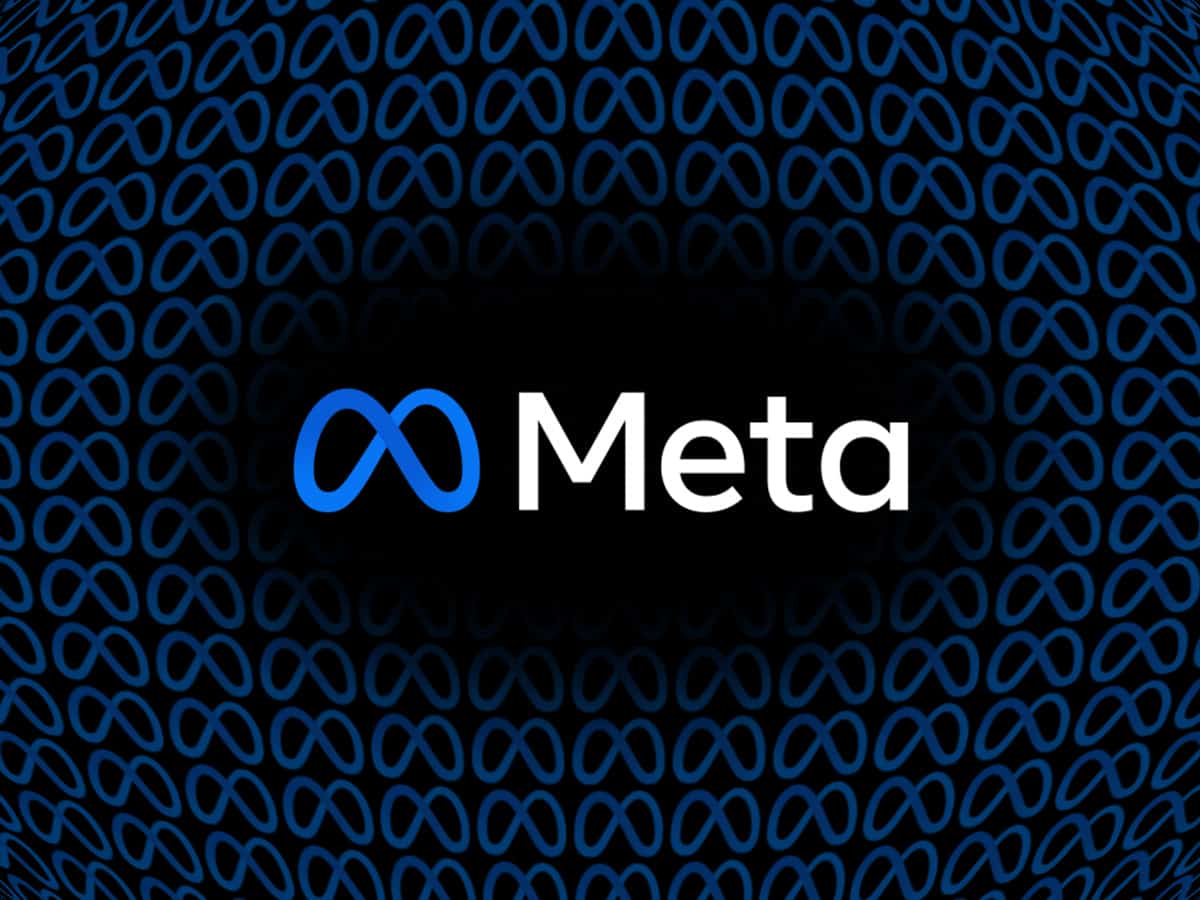
Meta, Facebook’s parent company, is releasing a new AI language generator called LLaMA, which is not a system that anyone can talk to but rather a research tool aimed at democratizing access to the field of AI language models. LLaMA consists of four different-sized models, and Meta is making it available under a noncommercial license focused on research use cases. This will grant access to groups such as universities, NGOs, and industry labs. Meta believes that the entire AI community, including academic researchers, civil society, policymakers, and industry, must work together to develop clear guidelines around responsible AI in general and responsible large language models in particular.
In a research paper, Meta claims that the LLaMA-13B model outperforms OpenAI’s popular GPT-3 model on most benchmarks, and the largest model, LLaMA-65B, is competitive with the best models such as DeepMind’s Chinchilla70B and Google’s PaLM 540B. The numbers in these model names refer to the billions of parameters in each model, which is a measure of the system’s size and sophistication. Once trained, LLaMA-13B can run on a single data center-grade Nvidia Tesla V100 GPU, making it accessible to smaller institutions.
Meta’s release of LLaMA is significant because it differs from the current buzz around AI chatbots. Meta has released its own chatbots in the past, such as BlenderBot and Galactica, but they were not well-received due to their poor performance. LLaMA is designed to help researchers advance their work in generating text, having conversations, summarizing written material, and more complicated tasks like solving math theorems or predicting protein structures.
Meta’s CEO, Mark Zuckerberg, said in a Facebook post that the company is committed to an open model of research, and they will make the LLaMA model available to the AI research community. The hope is that LLaMA will contribute to the development of clear guidelines around responsible AI and further advance research in the field of AI language models.
Read the official research paper here.
